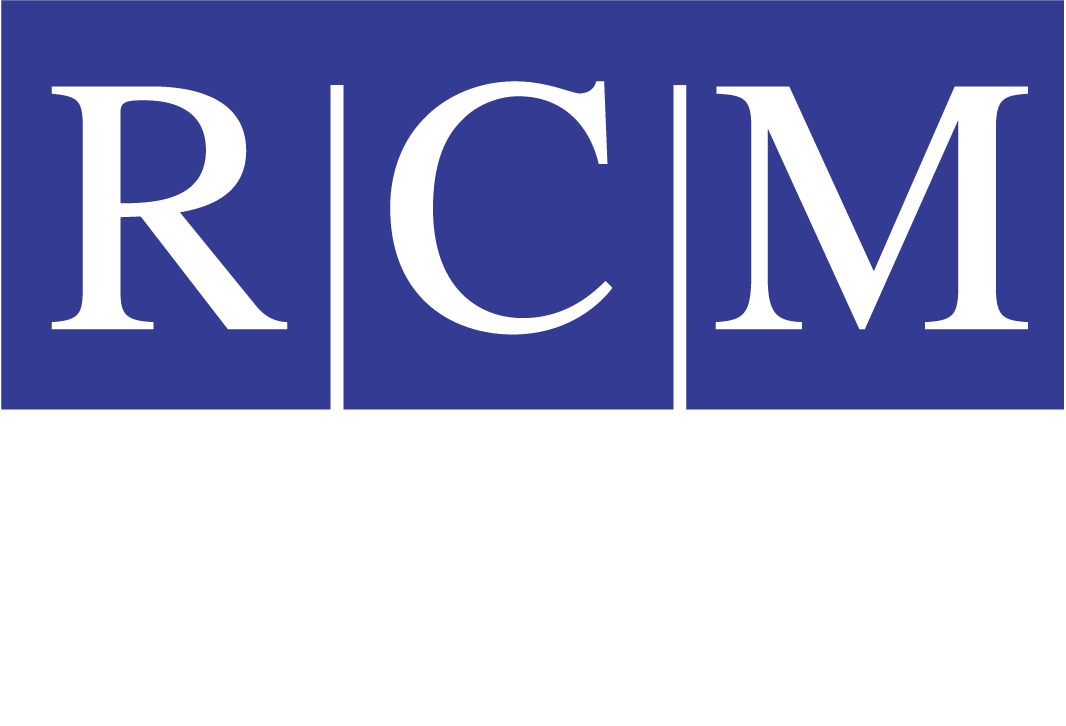 An EIN is an “Employer ID Number” issued by the Internal Revenue Service. (Sometimes, this is referred to as a Federal Employer ID Number or “FEIN”) EINs are necessary for decedent’s probate estates, non-grantor trusts, corporations, and LLCs. Even single member limited liability companies, which are treated by the IRS as disregarded entities, can obtain an EIN. The EIN is basically the “social security number” of for entity.
An EIN is an “Employer ID Number” issued by the Internal Revenue Service. (Sometimes, this is referred to as a Federal Employer ID Number or “FEIN”) EINs are necessary for decedent’s probate estates, non-grantor trusts, corporations, and LLCs. Even single member limited liability companies, which are treated by the IRS as disregarded entities, can obtain an EIN. The EIN is basically the “social security number” of for entity.
Years ago, if someone wanted an EIN, that person would have to fill out a form ss-4 and mail or fax it in to the IRS and the IRS would mail back the number or, if the number was needed sooner, one could call the IRS and get the number over the phone. The most common and fast way to get an EIN these days is to apply online.
With an EIN, the entity can complete a number of tasks. Among these are opening a bank account, selling estate real estate, or filing income or estate taxes. Without an EIN, these procedures are made more complex or even impossible.
An attorney or other third party designee can obtain an EIN on behalf of the entity represented by the attorney. All that is required is a completed form SS-4 and a separate third party designation authorization. When we represent clients who will need to have an EIN assigned, we typically ask them to execute these documents near the beginning of an engagement so that we are prepared to easily obtain the number near the beginning of our engagement.
When the IRS online system is working, an EIN can be obtained in less than an hour. Once the number is issued, the IRS will follow up with the entity with written correspondence meant to inform the taxpayer entity of many of its obligations.
If you or your entity are in need of an EIN or other representation, please feel free to give us a call to see if we are a match for an engagement.
